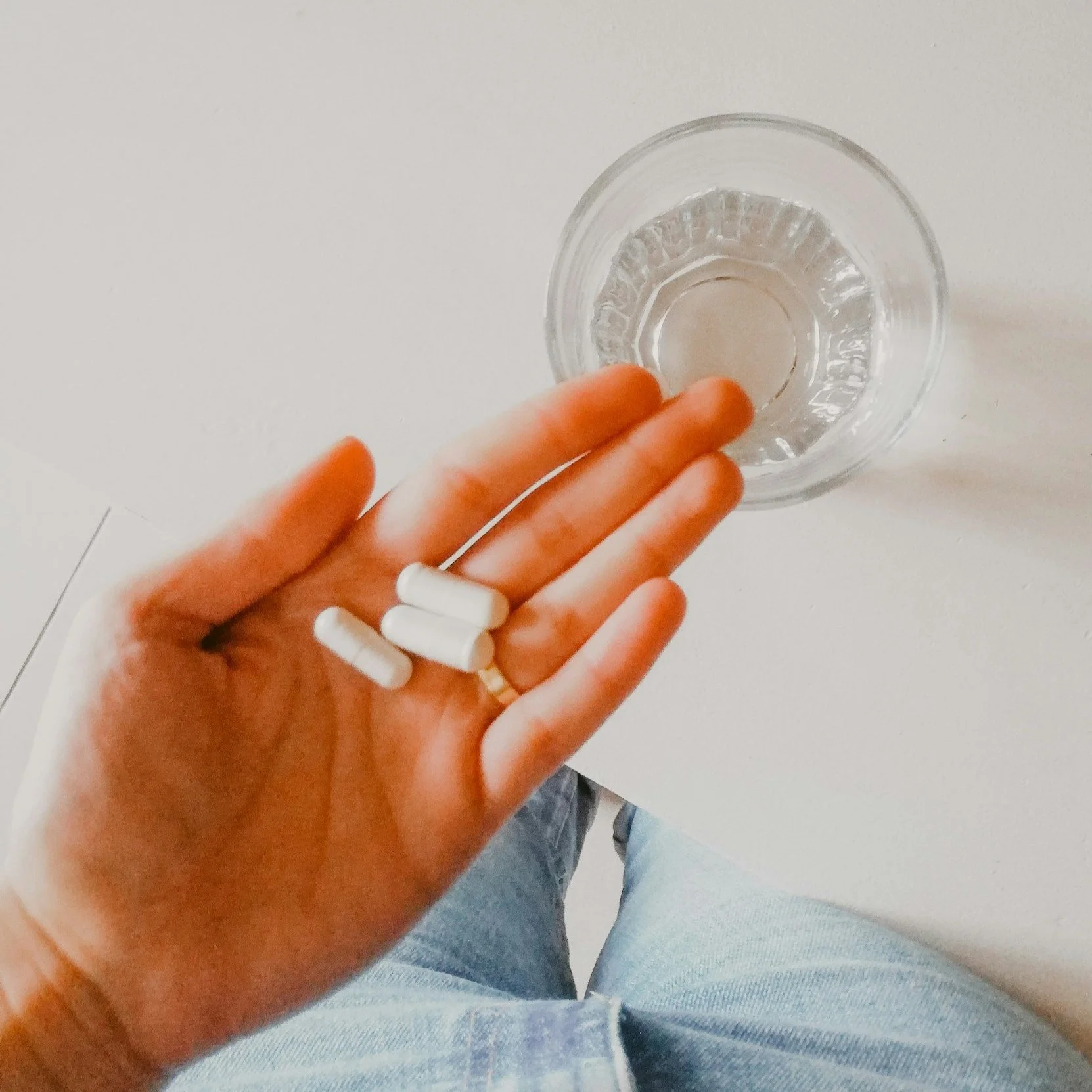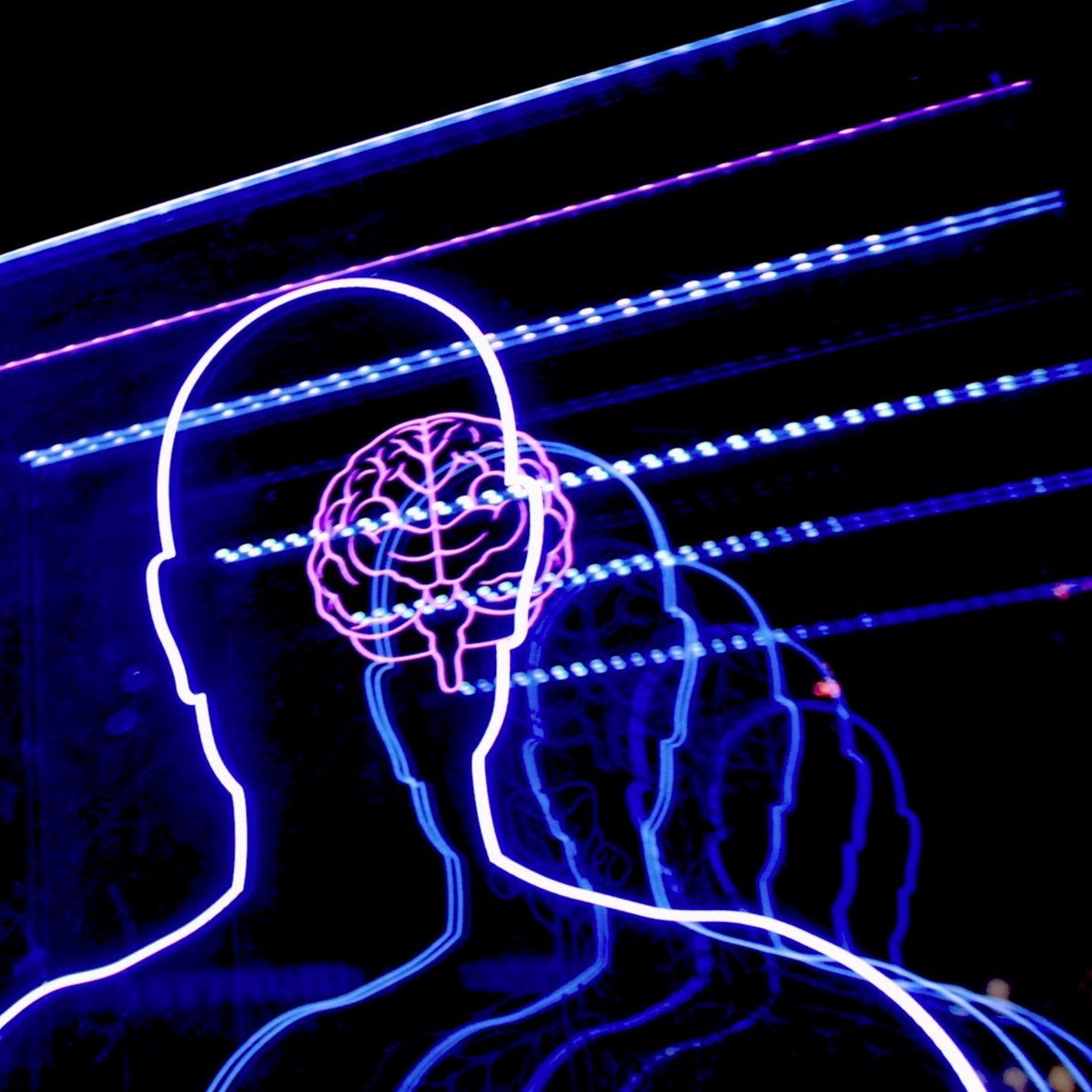ADHD medication vs coaching: what’s the difference?
Part of my job as a coach is asking questions that help clients find answers they didn't know they had. Last week during a first meeting with a new client, something amazing happened. The tables turned. She asked me a question that made me stop and think. Her question helped me explain ADHD coaching in a way I never had before. Coaching can be hard to understand until you try it, but her question made it crystal clear.
This client, like many others, got her ADHD diagnosis as an adult. She'd spent years trying to figure out why some parts of life felt harder than they should. Her psychiatrist suggested she try both medication and ADHD coaching. Then she asked me straight out:
"What is it that I will get from ADHD coaching that I won't get from medication?"
Let me start by explaining what medication does…
ADHD medications help balance brain chemicals that control attention and mental organization. Think of these chemicals like your brain's control room. When they're working well, it's easier to ignore distractions, control impulses, and stay focused. With medication, you'll find it easier to start tasks, pay attention in meetings, or finish work that need lots of mental energy. This helps a lot, but often people need more than medication alone.
Here's what medication can't do - and how coaching helps
The skill isn't in the pill
Medication helps you focus, but it can't teach you new ways to approach tasks or give you strategies that fit your unique brain.
In coaching, you learn about your personal ADHD. We work together to develop tools, structures, and approaches that make sense for you. Here's an example: through coaching, I learned that I process information different from the norm. I learned that I understand complex material better when I listen rather than read. Now, instead of getting stuck reading the same paragraph over and over, I use audiobooks and text-to-speech software. Using this approach has made learning new things so much quicker and easier for me. This is the kind of personal strategy that medication alone can't give you.
Bridging the gap between knowing and doing
ADHD expert Dr. Russell Barkley puts it simply: ADHD isn't about not knowing what to do - it's about having trouble doing what you know. I see this all the time with my clients. They know exactly what they need to do, but starting and finishing tasks is the hard part. ADHD makes it tough to begin work, follow through, and do things in logical order.
While medication helps you focus and might make it easier to start, coaching is the perfect compliment. Coaching gives you personalized support and accountability when you need it most. Work together with your coach to break down complex tasks, make clear plans, and check progress regularly. Coaching is not just about making plans. It' a partnership that helps you to do your most clear and focused thinking and turn your plans into action. You go from "I don't know why I can't do this" to "Done!"
Support during life change
Many people come to coaching during big changes in their lives - starting a new job, coming back from parental leave, or when their usual ways of coping stop working.
I know this from my own experience. When I was diagnosed with ADHD, I was struggling with a new promotion. I worked long hours but still couldn't keep up. I was worried I'd lose my job, so I got help.
Medication helped me focus at work, but my life still felt messy. Coaching gave me a safe space to think things through, understand my ADHD, and get my life back in order. That's what coaching offers - a place to gain clarity, get support, and confidently reorganize your life so that it is sustainable and works for you.
Medication and coaching serve different but complementary purposes: medication helps optimize your brain's functioning, while coaching provides the understanding, strategies, and support needed to build a life that works for you.
If more personalized support is what you need, I invite you to meet with one of our coaches to explore how we can help you thrive!





